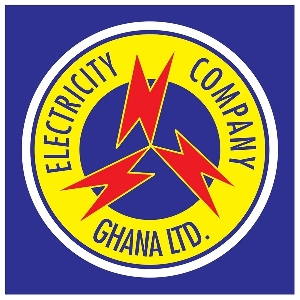The engine of growth of a country is the power sector. Accessibility, availability, reliability, and affordability of electricity are the expectations of any robust power sector in the life of an economy. And indeed, VRA does production, GRIDco does transmission, and ECG does distribution.
And so, how do we access this value chain carefully to elicit the problems and find solutions for them without putting any of these sensitive companies in the hands of foreigners?
The question is, do the current challenges in the power sector have to do with production, transmission, or distribution problem? Or, all of the above or none of the above but financial difficulty?
Note: If it is a financial concern, then it is the distributor which does not have the money to pay for the power which is being produced by VRA and transmitted by GRIDco. The former needs money to buy fuel for continuous production, and the latter also needs money to upgrade HT lines and fix other equipment for continuous transmission.
If EGC is not, however, collecting enough revenues due to system losses (the use of obsolete equipment), theft (illegal connections) and the massive indebtedness by MDAs to be able to pay VRA(energy produced) and GRIDco, (energy transmitted) why should anybody be thinking of privatizing all of them, instead of investing in ECG to fix obsolete equipment, transformers, and meters.
Furthermore, allow ECG to chase the MDAs for the colossal amounts owed the company without interference. Or better still put prepaid meters at these institutions and draw a payment plan for them.
Privatization of GRIDco, VRA and ECG is a nonstarter. Or, for the use of a better word, mediocrity.
The current challenges in the power sector are financial difficulties - fuel to run thermal plants and indebtedness to IPPs.
Why should such sensitive institutions be privatized when they can be managed by ourselves?
Opinions of Friday, 19 April 2024
Columnist: Abukari Majeed















